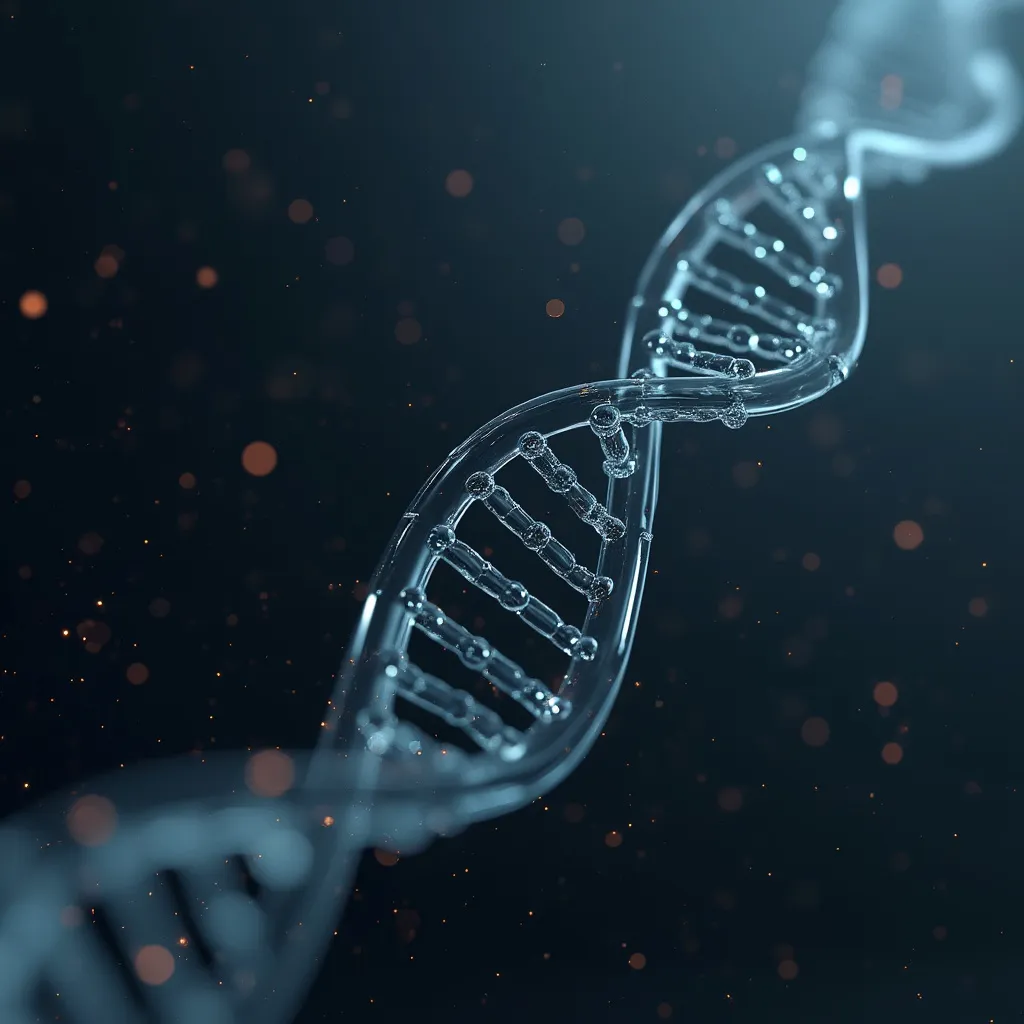Meta Description: Explore the key differences between Ancestry and 23andMe, two leading DNA testing companies, to make an informed decision about your genetic exploration journey.
Ancestry vs 23andMe
In recent years, DNA testing has become an accessible tool for uncovering personal and family history. Two of the most popular services, Ancestry and 23andMe, offer users insights derived from their genetic material. Understanding the nuances between these services can help users decide which might best fit their interests.
Core Focus and Offerings
Ancestry and 23andMe each offer unique focuses within the realm of DNA testing. Ancestry, as the name suggests, is primarily oriented toward genealogical research. It provides users access to extensive historical records and family trees, helping users trace their lineage and understand migration patterns over generations.
23andMe, on the other hand, offers a blend of ancestry and health insights. The company is known for its dual focus on genetic health risks, carrier status for hereditary diseases, and traits influenced by DNA. This allows users to glean a broader understanding of how their genetics intersect with their health and characteristics.
DNA Databases and Matching
The size of a company's DNA database can significantly impact the efficacy of genealogical research and relative matching. Ancestry boasts one of the largest databases in the industry, which enhances its ability to connect users with potential relatives. This can be especially useful for individuals seeking to explore complex family histories or locate unknown relatives.
23andMe's database, while comprehensive, is smaller in comparison. This affects its capacity for genealogical matching but offers robust health-related insights through its database for diseases and conditions.
Genetic Testing Methodologies
Both Ancestry and 23andMe use saliva samples to extract DNA, but the scope of their genetic analysis differs. Ancestry's primary analysis focuses on autosomal DNA, which covers the non-sex chromosomes inherited from both parents, ideal for constructing family trees spanning several generations.
23andMe performs a broader range of genetic analyses. Besides autosomal DNA, it includes health-related genetic markers. The health reports provided by 23andMe require opting into their health-testing service, which some users may find beneficial.
Privacy and Data Policies
Data privacy remains a concern for users seeking DNA testing. Both Ancestry and 23andMe have privacy policies ensuring user data protection. Ancestry allows users to manage their data-sharing preferences, including the ability to participate in research and to share their DNA matches.
23andMe emphasizes its participation in ongoing genetic research and invites users to contribute their genetic information to scientific studies, underlining transparency in its data usage policies.
Lesser-Known Insights and Considerations
A less commonly known aspect when comparing these services is their geographic coverage in DNA matching and ancestry origin reports. Ancestry's extensive historical record archives mean it often provides detailed insights for regions with rich documentation, such as North America and Europe. 23andMe, while offering a broader geographic health ancestry match, may provide less depth in specific genealogical records relative to selective geographic areas.
Additionally, users can extract further value from their genetic data by leveraging third-party services like ChatDNA, which interface with results from both Ancestry and 23andMe. This offers an avenue for users to dive deeper into wellness insights based on existing DNA results.
Final Thoughts
Choosing between Ancestry and 23andMe involves weighing various factors, including personal interests in health versus genealogy, the size of the DNA databases, and privacy preferences. As DNA testing matures, users are encouraged to explore all aspects, including emerging platforms like ChatDNA, to maximize their understanding and use of genetic insights. This comprehensive exploration provides a robust foundation for personal genetic knowledge.
What is ChatDNA?
ChatDNA can analyze your DNA to answer any question. When you ask a question it will provide clear explanations and meaningful insights about who you are at a genetic level.
You can import existing DNA results from all major services like 23andMe and AncestryDNA or purchase a new DNA test kit through ChatDNA.
ChatDNA is especially valuable for anyone interested in:
- Understanding how their genes influence health and wellness
- Learning about their unique genetic traits
- Discovering personalized insights about their biological characteristics
- Getting clear, conversational answers to their DNA-related questions
Ready to get answers about your DNA? Visit ChatDNA.co to get started.
